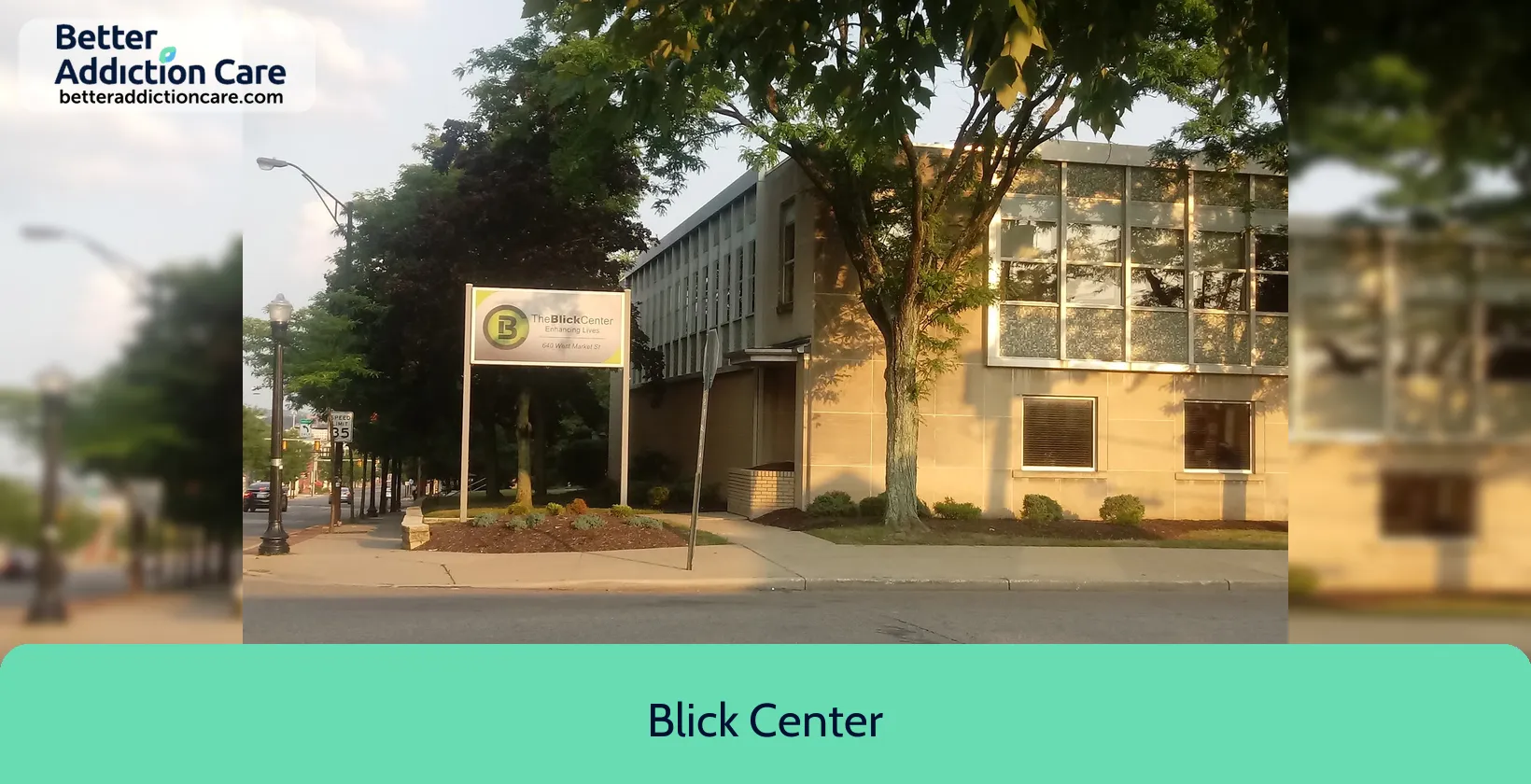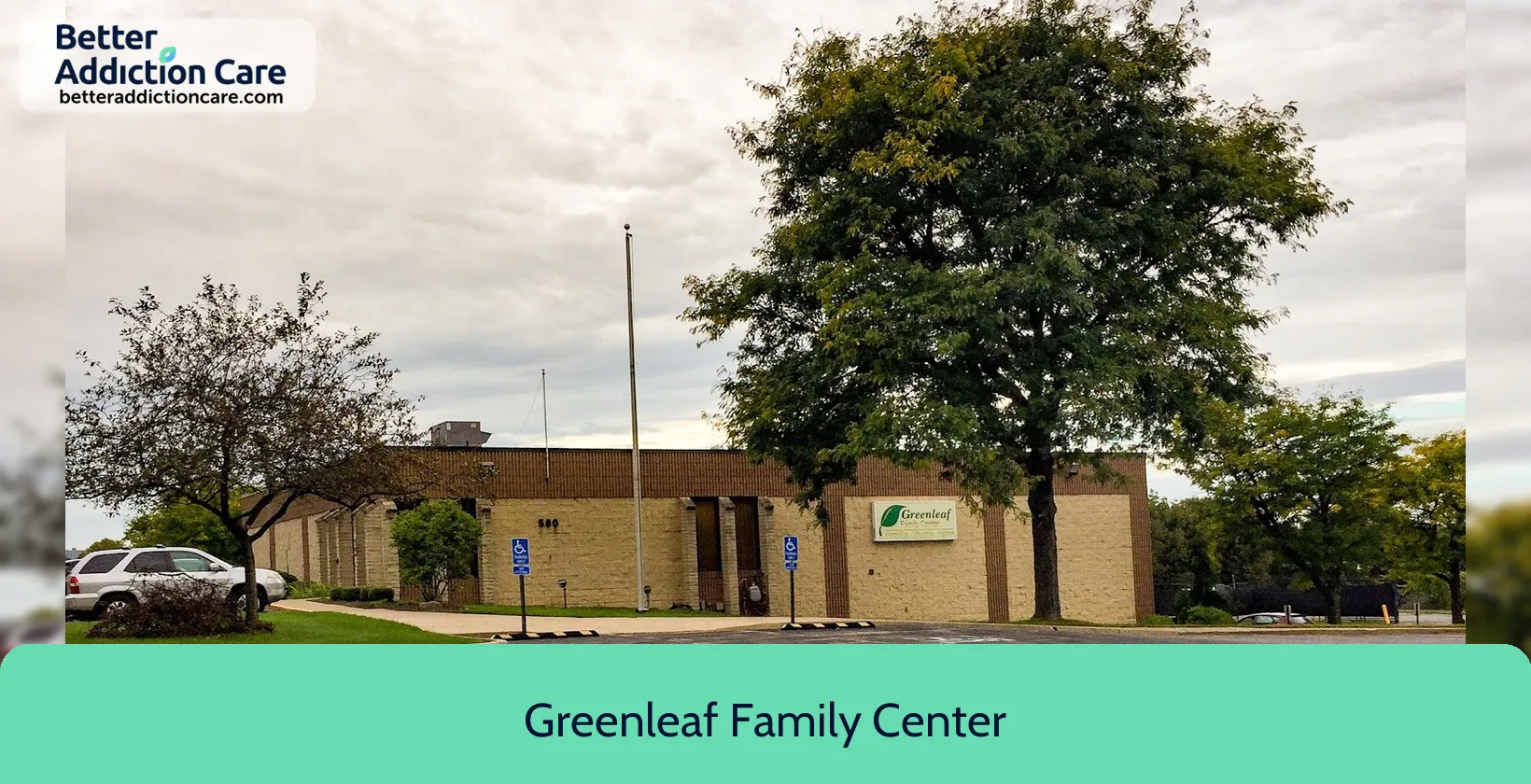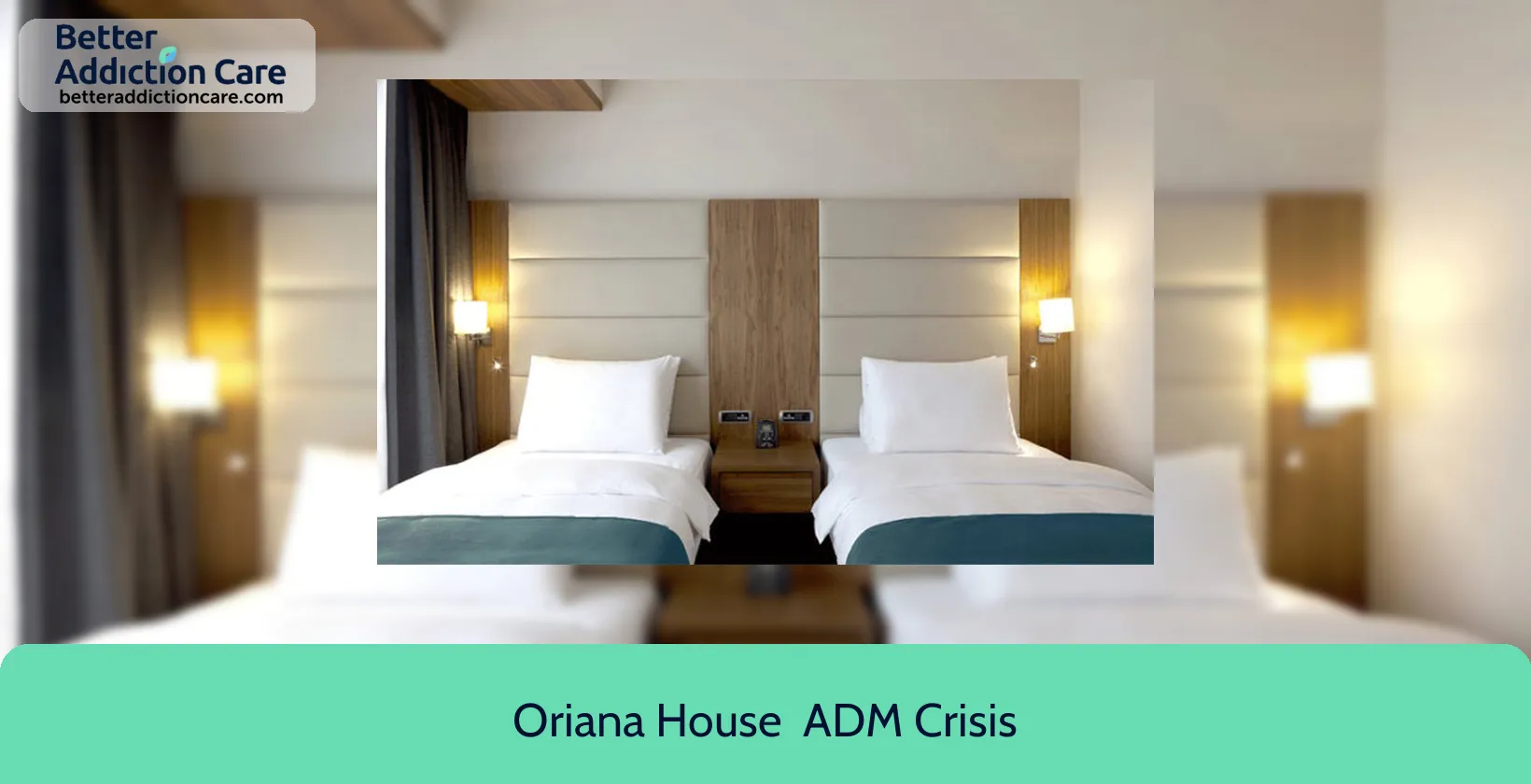Northeast Ohio VA Healthcare System - Akron CBOC

Overview
Northeast Ohio VA Healthcare System - Akron CBOC is a substance abuse treatment center for people seeking treatment near Summit County. As part of their treatment modalities for recovery, Northeast Ohio VA Healthcare System - Akron CBOC provides 12-step facilitation, individual psychotherapy, and group counseling during treatment. Northeast Ohio VA Healthcare System - Akron CBOC is located in Akron, Ohio, accepting per session for treatment.
Northeast Ohio VA Healthcare System - Akron CBOC at a Glance
Payment Options
- Per session
- 90 day cost
- Cash or self-payment
- Medicaid
- Medicare
Assessments
- Comprehensive mental health assessment
- Comprehensive substance use assessment
- Screening for tobacco use
- Interim services for clients
- Outreach to persons in the community
Age Groups
- Adults
- Seniors or older adults
- Young adults
- Seniors
Ancillary Services
- Intensive case management
- Case management service
- Chronic disease/illness management
- Court-ordered outpatient treatment
- Diet and exercise counseling
Highlights About Northeast Ohio VA Healthcare System - Akron CBOC
7.78/10
With an overall rating of 7.78/10, this facility has following balanced range of services. Alcohol Rehabilitation: 8.00/10, Drug Rehab and Detox: 7.85/10, Insurance and Payments: 6.00/10, Treatment Options: 9.27/10.-
Treatment Options 9.27
-
Alcohol Rehabilitation 8.00
-
Drug Rehab and Detox 7.85
-
Insurance and Payments 6.00
Accreditations
The Joint Commission:

The Joint Commission accreditation for addiction and behavioral health signifies that a facility has met rigorous standards in patient care, treatment, and safety. This recognition assures patients and professionals of the facility's commitment to providing high-quality, evidence-based care in the fields of addiction and behavioral health, fostering trust and confidence in their services.
Commission on Accreditation of Rehabilitation Facilities (CARF):

CARF accreditation is a prestigious recognition for rehabilitation and human service organizations. It signifies that an organization meets high-quality standards and is committed to providing top-level care. CARF conducts rigorous evaluations to ensure compliance, enhancing an organization's credibility and reassuring clients and funders of exceptional service quality. This accreditation promotes excellence and continual improvement in the rehabilitation and human services field.
Treatment At Northeast Ohio VA Healthcare System - Akron CBOC
Treatment Conditions
- Mental health treatment
- Alcoholism
- Opioid Addiction
- Substance use treatment
- Co-occurring Disorders
Care Levels
- Intensive outpatient treatment
- Detoxification
- Aftercare
- Outpatient
- Outpatient methadone/buprenorphine or naltrexone treatment
Treatment Modalities
- 12-step facilitation
- Individual psychotherapy
- Group counseling
- Family counseling
- Marital/couples counseling
Ancillary Services
Languages
- Sign language services for the deaf and hard of hearing
Additional Services
- Pharmacotherapies administered during treatment
- Mentoring/peer support
- Breathalyzer or blood alcohol testing
Special Programs
- Active duty military
- Clients who have experienced trauma
- Persons with post-traumatic stress disorder (PTSD)
- Veterans
- Clients with co-occurring mental and substance use disorders
Get Help Now
Common Questions About Northeast Ohio VA Healthcare System - Akron CBOC
Contact Information
Other Facilities in Akron

7.06

6.77

7.09

6.74

6.74

6.68

6.96

7.02
DISCLAIMER: The facility name, logo and brand are the property and registered trademarks of Oriana House - ADM Crisis Center, and are being used for identification and informational purposes only. Use of these names, logos and brands shall not imply endorsement. BetterAddictionCare.com is not affiliated with or sponsored by Oriana House - ADM Crisis Center.
